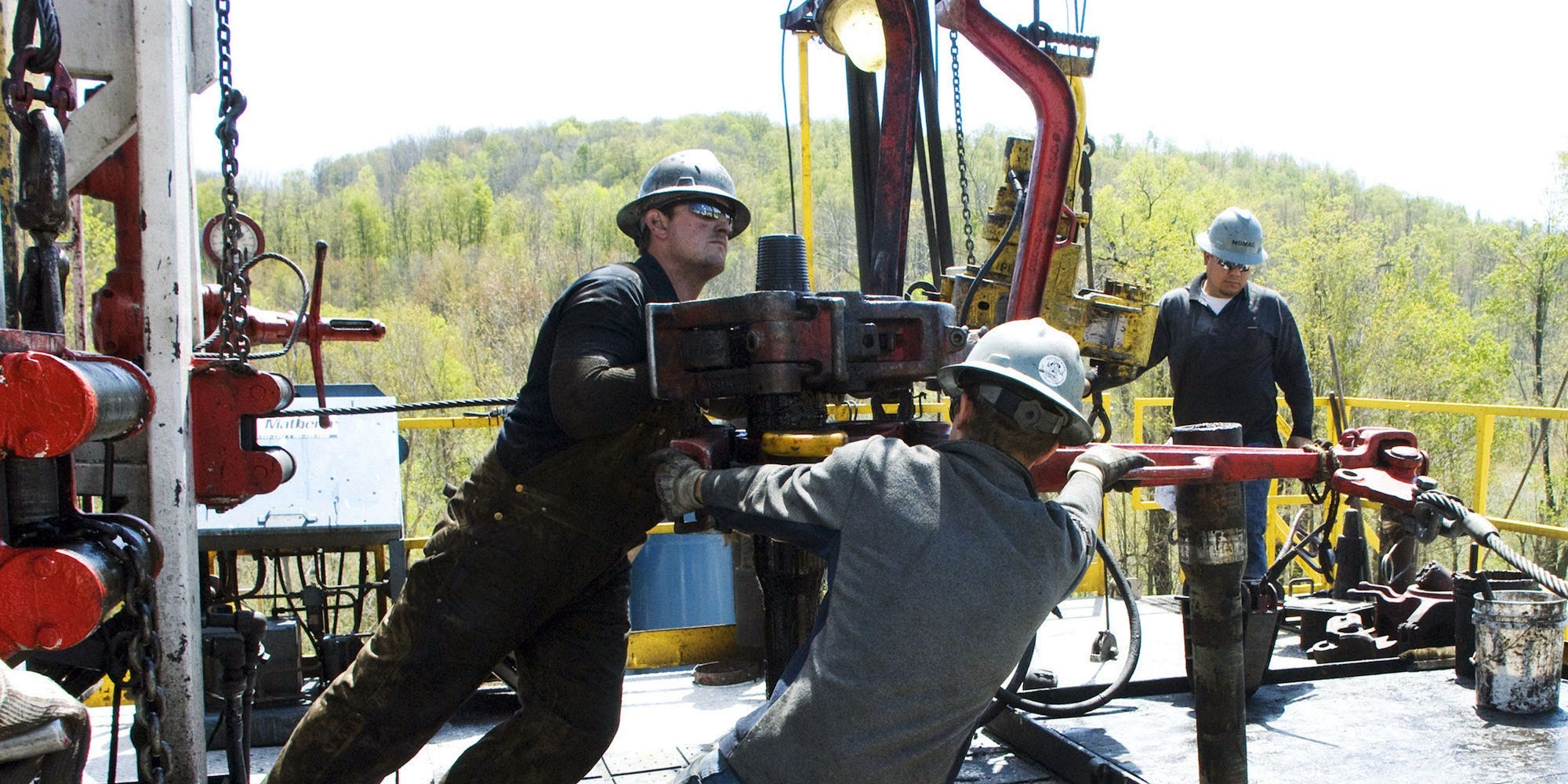
Ralph Wilson/AP
- Commodity trading houses are facing margin calls as prices for natural gas spike, Reuters reported Monday.
- Brokers and exchanges are telling major commodity traders to deposit funds to cover their exposure to surging gas prices.
- Sources told Reuters trading houses and other players together had accumulated $30 billion worth of short positions in the Dutch TTF gas market.
- See more stories on Insider's business page.
Brokers and exchanges are telling major commodity trading houses to deposit hundreds of millions of dollars in extra funding to cover their exposure to surging gas prices, according to a Reuters report on Monday.
Commodity traders Glencore, Gunvor, Trafigura and Vitol and others are facing margin calls on their positions in natural gas markets, seven unnamed sources told the news agency.
A margin call occurs if funds in the account fall below the minimum margin requirement, which Reuters said, in this case, is 10% to 15%.
Two sources said trading houses and other players had together accumulated $30 billion worth of short positions in the Dutch TTF gas market, with European utilities positioning on the opposite long side of the play. The Dutch TTF gas market hub is the main platform for building a short position in gas futures.
Trading firms have made big bets on natural gas produced and exported from the US by signing long-term contracts to buy cargoes of liquefied natural gas (LNG). The contracts are mainly designed to export gas to Europe and Asia and some contracts run through 2041.
"While there have been margin calls associated with the European natural gas price rally, Gunvor maintains a healthy liquidity position and instruments to manage any further volatility," a company spokesperson told Reuters. Glencore, Trafigura and Vitol declined Reuters' request for comment.
In order to hedge against price differences between physical gas in the US now and the rest of the world in the future, traders need to sell short positions in the European and Asian gas futures markets. Traders create short positions by selling a gas futures contract with the aim of buying it again later at a lower price.
But Reuters said the strategy backfired last month when European gas prices surged on a range of factors including low inventories and high demand in Asia. The front-month Dutch TTF gas contract, a European benchmark, has soared by nearly 400% since January.
The margin calls have led some smaller companies, in particular, to increase borrowing, eating into their cash available for trading and potentially pressuring their profits.
The November contract at the Dutch TTF hub rose 0.6% to €94.23 ($109.47) per megawatt-hour in Monday's session.

